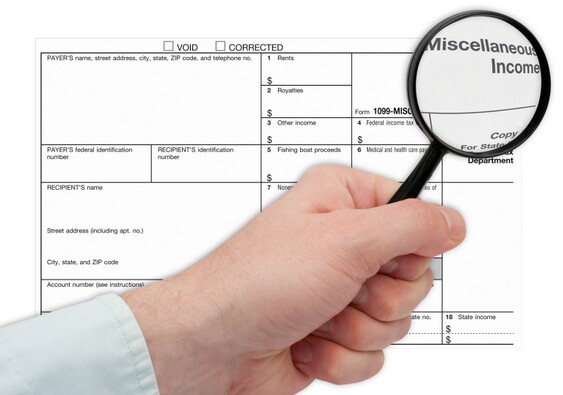
Plan for the Year Ahead

1. Check on Congress
Taxpayers aged 70½ and over to make tax-free charitable contributions from individual retirement accounts (IRAs);
Businesses to deduct up to half of eligible equipment placed in service this year;
Teachers to receive an above-the-line deduction for $250 in classroom expenses;
Students and parents to receive an above-the-line deduction for tuition expenses;
Companies to receive a credit for qualified research expenses; and
Taxpayers in states without an income tax like Washington, Texas and Florida to deduct state sales taxes.

2. Document Your Business Activities

3. Prepare Your Information Reporting

4. Get Your Charitable House in Order

5. Remember Your State and Local Tax Obligations

6. Take a Closer Look at Your State Residency Status

7. Accelerate Deductions and Defer Income

8. Manage Your Gains and Losses

9. Bunch Itemized Deductions






